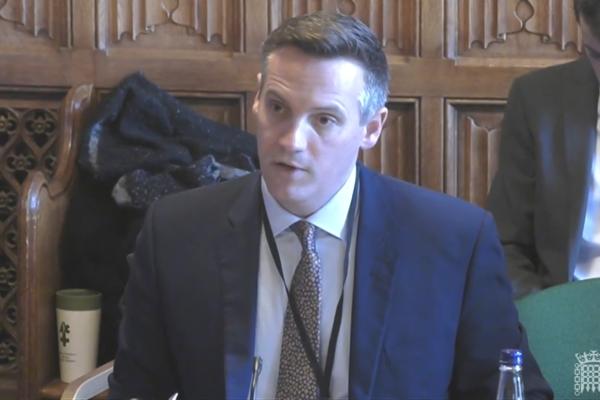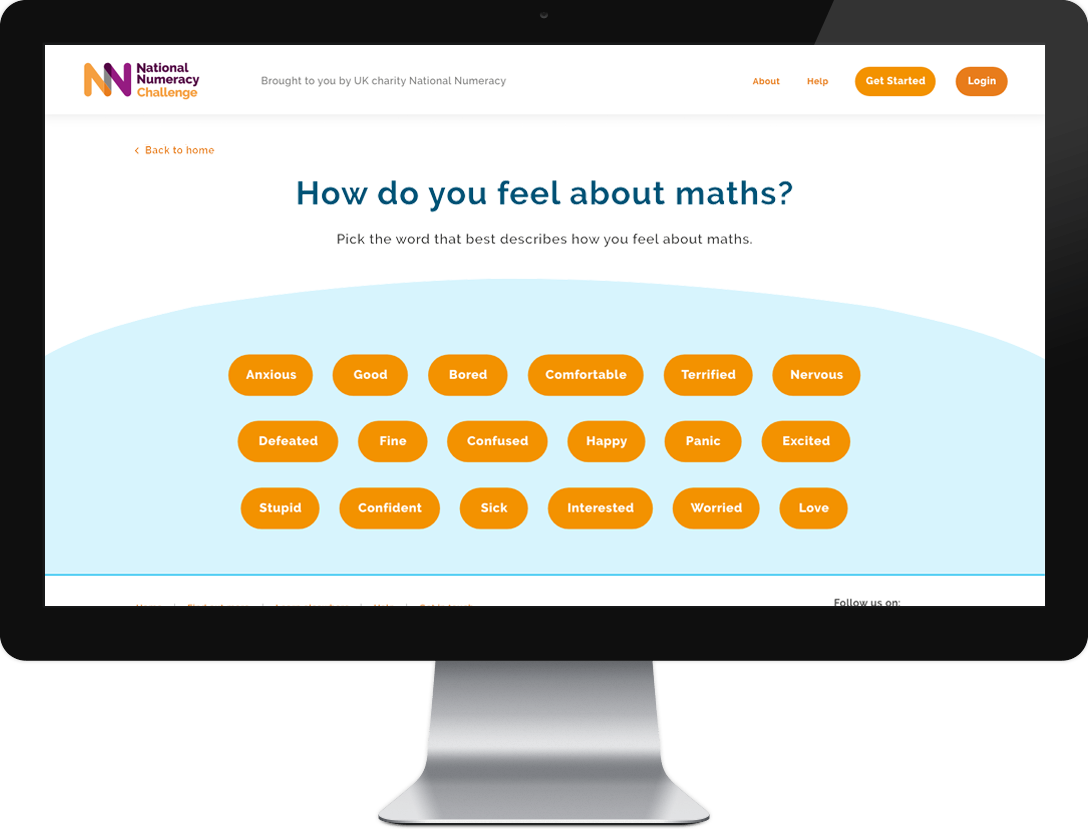Mr Sims gave evidence alongside witnesses Martin Taylor, Chair of the Advisory Committee on Mathematical Education, Royal Society; Niamh Sweeney, Deputy General Secretary, National Education Union; Jack Worth, School Workforce Lead, National Foundation for Education Research; and Kevin Gilmartin, Post-16 and Colleges Specialist, Association of School and College Leaders.
Poor maths experiences in the classroom
In his opening statement, Mr Sims talked about the evidence gathered from a decade of supporting hundreds of thousands of adults to improve their numeracy.
“I speak to many adults who have very low numeracy and they almost without exception tell me they had very negative experience at school from a young age,” Sam said.
“The system, when we go right back to the early years and into Key Stage 2, we need to think about how we support young people to build that confidence, have a positive attitude and see the value.”
The vital role of confidence and cultural attitudes to maths
Mr Sims went on to tell the Committee about the experiences of people national Numeracy works with when it comes to number confidence, and the role of the UK’s culture of boasting about being bad at maths.
He said: “If you go into an exam where you don’t have the understanding to even answer the questions, what that does is reinforce a fixed mindset, rather than a growth mindset.
“It reinforces that experience of failure and reinforces the negative attitude that pervades and culture in the UK which is a prevalence of ‘I just can’t do maths, it’s not for me.’ Whilst that is understandable, it is incredibly deeply seated and something we need to address.”
Martin Taylor, Chair of the Advisory Committee on Mathematical Education, Royal Society agreed that the UK culture around maths is negative and very different to other countries. He said: “In England I have never heard people discuss maths in positive way at a dinner party. They wouldn’t want to admit to never having read Jane Austen.”
Maths is relevant in everyday life
The Chair of the Education Committee, Robin Walker MP, noted the classroom maths does not exist in a vacuum and has real-world application. He said: “The relevance to maths is very important – instead of it being abstract.”
Meanwhile, Niamh Sweeney, Deputy General Secretary, National Education Union made the case for adult numeracy improvement beginning long before adulthood: “If we want literate and numerate adults in the workplace, supporting early years is absolutely the way to go – and supporting parents to support their children.”
Watch the recording of the Education Committee hearing on Parliament TV






